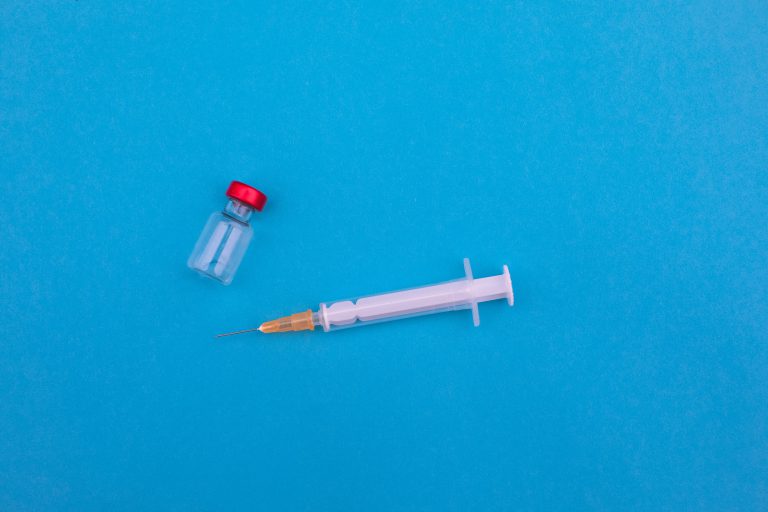At present, doctors are having a difficult time coming up with a cure for different brain diseases that continue to bombard the medical industry. All they can do for now is come up with treatments to help eliminate their symptoms and improve a person’s quality of life.
Among these brain diseases is Alzheimer’s, which involves the deterioration of a person’s memory and their capacity to think and decide. Although the situation is irreversible, there are ways to help decrease the disease’s potential of getting worse, aside from relying on better healthcare.
Risks That May Lead to a Brain Disease
You may be at risk of developing a brain disease if you’re dealing with a high body mass index (BMI), depression, and stress. Other potential signs include diabetes, head trauma, hypertension, hyperhomocysteinemia, and orthostatic hypotension. Besides that, achieving lower education and dealing with cognitive factors could also be linked to Alzheimer’s disease over time.
There are several ways to ease these health precursors to getting Alzheimer’s. For people dealing with hypertension, being prescribed with antihypertensive drugs may help decrease blood pressure. Necessary interventions also apply for people addicted to tobacco by providing an alternative to their habits to serve as a nicotine replacement.
Meanwhile, people dealing with diabetes can take hypoglycemic drugs to maintain their insulin levels and keep their blood sugar from spiking up. Whereas people dealing with atrial fibrillation or the abnormal increase in their heart rate take anticoagulants to avoid blood clots.
How to Manage Alzheimer’s Disease
A person fighting Alzheimer’s disease can consider changing their lifestyle and behavior, including their day-to-day routine activities. Simply maintaining the baseline health standards isn’t enough, and should be dealt with more severe involvement for it to work properly.
For example, suppose you’re dealing with hypertension, a sickness that may be connected to Alzheimer’s. In that case, you need to limit how much salt you consume and eliminate hazardous activities to your health, such as smoking and other factors that could be adding to your stress.
Also, your cardiovascular system plays a vital role in Alzheimer’s, particularly with the high levels of cholesterol that are linked to the disease. Meanwhile, research shows that ACE2, a kind of protein related to the cardiovascular system, acts as a protective factor against Alzheimer’s.
Other Factors That Contribute to Alzheimer’s Disease
Hyperhomocysteinemia, or the state of having unusually high levels of amino acid homocysteine in the blood, is due to consuming a diet focused on high amounts of meat. It’s a condition that’s also typically found in people with vitamin B12 deficiency or the lack of blood cells that causes anemia.
This condition, unfortunately, places a patient at a big risk of gaining Alzheimer’s in the long run. When it comes to maintaining a healthy lifestyle and preventing Alzheimer’s, it’s crucial to take on a diet that involves consuming plants rather than meat for protein.
While brain diseases continue to become complicated medical issues, healthcare providers must carefully assess the situation, review their patients’ medical backgrounds, and perform multiple blood exams to examine if a person has other risk factors involved.
Besides health issues, Alzheimer’s could also be due to your family history, genetics, or a decline in your cognitive area. If you want to eliminate the risks of further developing brain disease, you’re encouraged to make mindful choices regarding your health as early as possible.
Conclusion
Although the impact of Alzheimer’s on your health cannot be directly controlled, you can still choose to improve your behavior in hopes of slowing down the disease’s progression. These conscious lifestyle choices may be able to affect the signs of brain disease from developing.
Are you looking for the latest news and updates on the medical industry? Dose of Healthcare is an online platform that provides useful medical news articles. Check out our website for more information and updates!



















